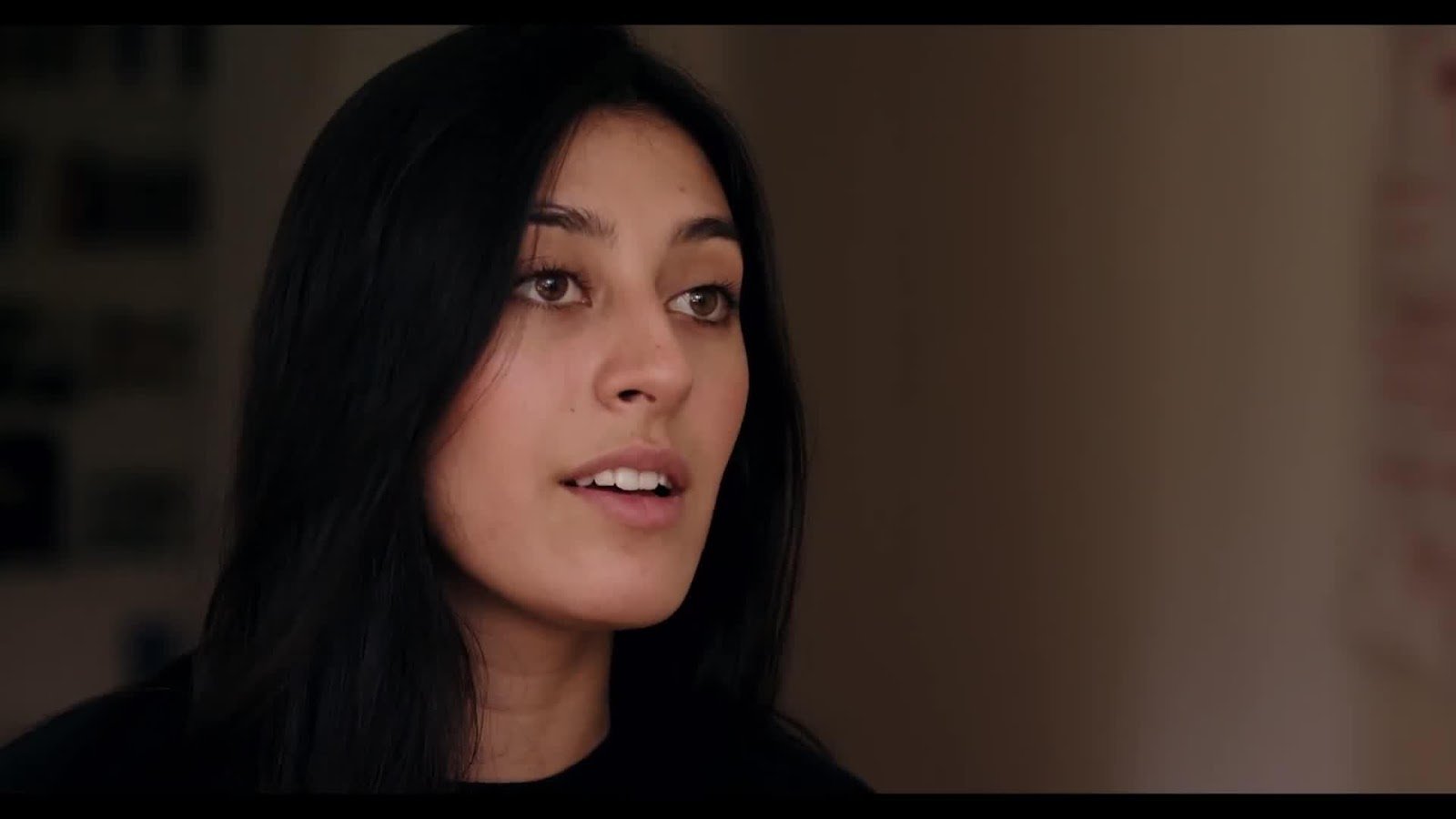By Helen Quinn-Pasin
Filmed over four years of hope and crisis, "To the End" captures the emergence of a new generation of leaders and the movement behind the most sweeping climate change legislation in U.S. history.
The award-winning film follows Rep. Alexandria Ocasio-Cortez (D-NY), activist Varshini Prakash, climate policy writer Rhiana Gunn-Wright, and political strategist Alexandra Rojas as they grapple with new challenges of leadership and power and work together to defend their generation's right to a future. From street protests to the halls of Congress, these four exceptional young leaders fight to shift the narrative around climate, revealing the crisis as an opportunity to build a better society.
Filmmaker Rachel Lears created "To The End" following her 2019 documentary "Knock Down The House," which followed the 2018 congressional campaigns of Ocasio Cortez, Rep. Cori Bush (D-MO), and former Joe Crowley (D-NY). Lears is inspired by the courage and faith displayed by the four main subjects of the film. "We're following people who are finding the courage to hope and to act in dark times with powerful opposition," Lears says in an interview with the One Earth Film Festival.
Varshini Prakash is a co-founder and executive director of the Sunrise Movement, a youth-led organization dedicated to building a movement to address climate change. "We started Sunrise Movement because we're not banking on the adults in the room to have a plan. The climate crisis is a global issue, but there's really no way to solve it unless we change politics in the United States," she says in the film.
Rhiana Gunn-Wright is the director of Climate Policy at the Roosevelt Institute. She leads the think tank's research at the intersection of climate policy, public investment, racial equity, and public power. "I don't think people realize the way that poverty can strip out your insides. You can look around, and your neighborhood tells you that the world doesn't give a f*ck about you," says Gunn-Wright, who grew up on the South Side of Chicago. "When I was growing up, I never expected to have power. I made a choice in college that I was going to continue to talk the way that I talk because I wanted people to have to deal with my brain coming out and my words out of this body."
Alexandra Rojas is executive director of Justice Democrats, a group that recruits and trains primary challengers, often young, working-class people of color, to unseat less progressive incumbents. In 2018, they helped elect what's now known as the Squad: Democratic Representatives Ocasio-Cortez, Ilhan Omar (MN), Rashida Tlaib (MI), and Ayanna Pressley (MA).
In the film, Rojas is working to turn the momentum into electoral power by building a bench of young progressives in Congress. She battles imposter syndrome as a CNN contributor. While preparing for a live-on-air interview, she says, "I didn't get a college degree, so I just knock myself a lot of times, like, am I prepared to do this?" However, her accomplishments speak for themselves.
Ocasio-Cortez was sworn in on Jan. 3, 2019, as the youngest woman and youngest Latina ever to serve in Congress. Her first piece of legislation was the Green New Deal resolution, which envisioned a 10-year national mobilization akin to FDR's New Deal, that would put millions to work in good-paying, union jobs repairing the nation's infrastructure, reducing air and water pollution, and fighting the intertwined economic, social, racial and climate crises crippling the country. "This is going to be the Great Society, the moonshot, the civil rights movement of our generation, that is the scale, that is the scale of the ambition that this movement is going to require," she says in the film.
"The emotional core of the film is about fighting cynicism because cynicism tends to happen when we're overwhelmed with something that seems too big to change," says Lears. "The mainstream media is full of messages that encourage cynicism and lack of faith in the democratic process or in the world's capacity to tackle climate issues. I think the fossil fuel industry would like nothing more than for everyone to be totally cynical about the possibility of transforming our energy system."
Lears recalls a somber moment while filming Rojas after a loss on Super Tuesday in 2020. Rojas was rethinking everything she could've done differently, but she said, "No matter what, this was the right thing to do." Lears hopes that "To the End" will show audiences that victories are possible and meaningful even when the results are unexpected. "It's worth the effort even when wins are incomplete and imperfect," says Lears, as illustrated when the American Rescue Plan and the Bipartisan Infrastructure Law came to fruition instead of achieving the Green New Deal.





